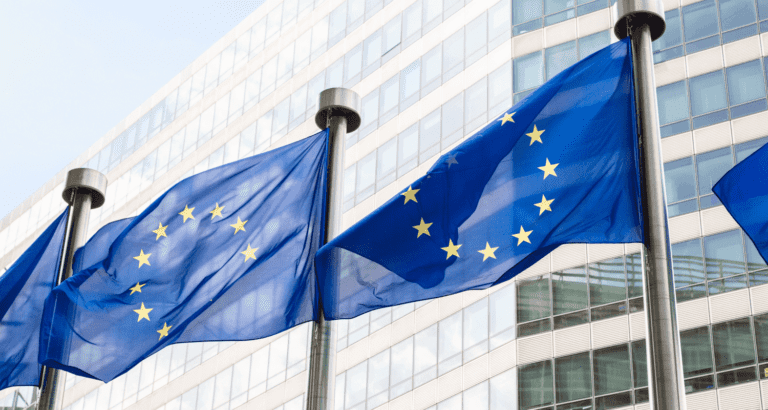European lawmakers are creating a wide ranging set of regulations to govern services such as ChatGPT.
The Financial Times reported that members of the European Parliament are currently meeting in Brussels to discuss a set of proposals to toughen the spine of forthcoming Europe’s Artificial Intelligence Act. The proposed legislation will contain a sweeping set of regulations regarding the use of AI within the European Union.
The discussions have become high profile in the wake of the temporary ban placed on ChatGPT by Italy’s privacy regulator and enquiries launched by other member states such as Spain.
Copyrights must be considered
The EU AI Act could include, for example, a requirement forcing AI chatbot providers to disclose when using copyrighted material, according to the FT. Such a requirement would allow content creators to demand payment, they point out. MEPs also want responsibility for misuse of AI programmes to lie with developers such as OpenAI.
One highly controversial area of the proposed law is a “total ban” on using facial recognition in public spaces. This rule would forbid use of AI-powered facial recognition “under any circumstances”, however some EU member states, such as Italy, want to carve out exceptions to allow the use of biometrics by law enforcement.
Process to hold AI “accountable”
The EU MEPs have been haggling over the regulations for artificial intelligence for two years already, and there are still many hurdles to be overcome. Once parliament has agreed its position, member states, the European Commission and MEPs will together draft a final bill. According to the FT, the parties involved hope to pass the law before the end of the current European parliament term in 2024.
Brando Benifei, an Italian MEP and part of the Progressive Alliance of Socialists and Democrats, is one of the parliament’s leading negotiators. He told the FT that they hope to finalise their position next week.
That prediction may turn out to be optimistic. For example, under the current AI Act proposals, chatbots must tell users that they are not humans. But MEPs want further transparency, according to Banifei.
“We want a list of the public disclosure of the material that is being used to train it [the AI] because [authors] can go through other legislations and avenues to try to get paid for what is being used without their consent”, he told the FT.
